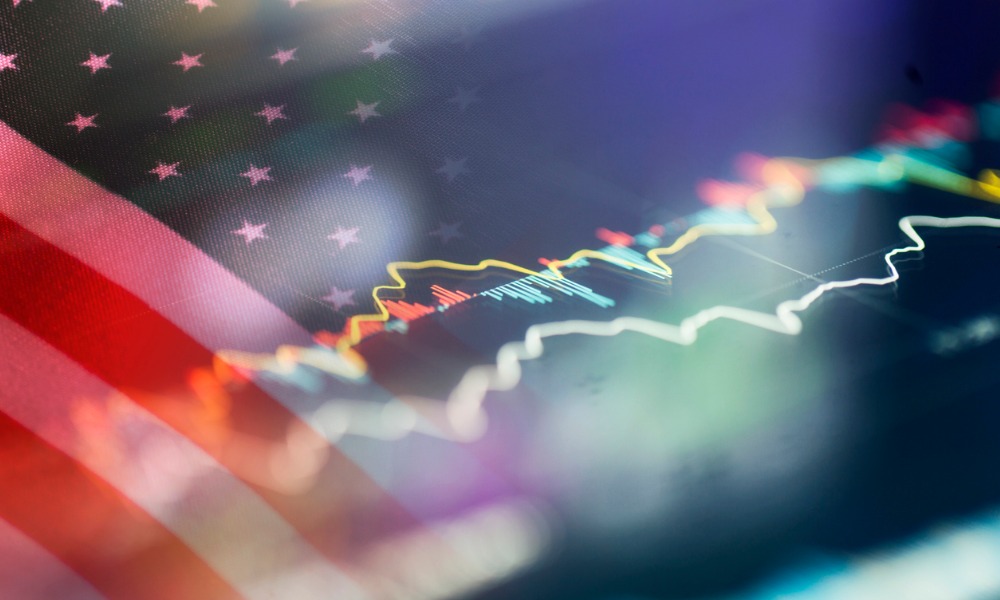Inflation dangers and a hawkish Fed are possible, but industry insider expects macro imbalances to realign

Risks of an inflation run-up, a more hawkish Fed and a weaker dollar are real – but one chief economist expects the U.S. macro imbalances to smooth themselves out.
Todd Mattina, of Mackenzie Investments, said there is no doubt that the fiscal and monetary stimulus – including President Biden’s US$1.9 trillion American Rescue Plan (ARP) - has propelled the bounce back from the COVID-19 crisis but these initiatives have also generated macro imbalances.
These imbalances could result in downside risks for financial markets, including a surge in inflation, higher interest rates and a credit crunch for over-leveraged firms. Talk of an over-heating economy has only increased in recent weeks.
Mattina said: “U.S. inflation may stay well above target for more than a year but should subside in the medium term. Supply chains, rattled by lockdowns, should build up capacity over the next year, tempering input cost inflation. Unemployed workers, hesitant to return to work, will rejoin the labour force as virus fears abate and unemployment benefits are withdrawn, limiting excess wage growth.”
If that goes to plan, the Fed will then be able to stick to its plan to keep interest rates lower for an extended period, which should stabilize any potential credit crunch, while exports should recover as more and more economies reopen.
He added: “Given this base case, we remain overweight in equities. While volatility may remain elevated, strong growth in the U.S. and a catch-up in global growth should support company sales.
“Margin pressures due to commodity price inflation and higher labour costs can also be partially passed on to consumers in the short term while subsiding in the longer term. Rich stock market valuations are supported by still-low real bond yields. And equities offer an attractive long-term earnings yield compared to low-yielding sovereign bonds and tight credit spreads for corporate debt at this early stage of the economic recovery.”
Mattina remains slightly bearish on the “still overvalued U.S. dollar” because the vaccination-driven reopening of global economies could weigh on the U.S. dollar as other economies catch up. Also, other countries with more hawkish central banks might start normalizing policy earlier than the Fed, driving local currencies to appreciate versus the USD.
Fundamentally, though, he believes that holding a well-balanced portfolio is more important than ever. He added: “In the event of serious overheating, the Fed could be forced to raise policy interest rates above the neutral rate to quell inflationary pressures. This could also drive the U.S. dollar higher while putting pressure on other asset classes.
“We always stress the importance of maintaining a well-balanced and diversified portfolio across different geographies, asset classes and currencies. But diversification takes on added importance when the range of macro risks is this wide.”


